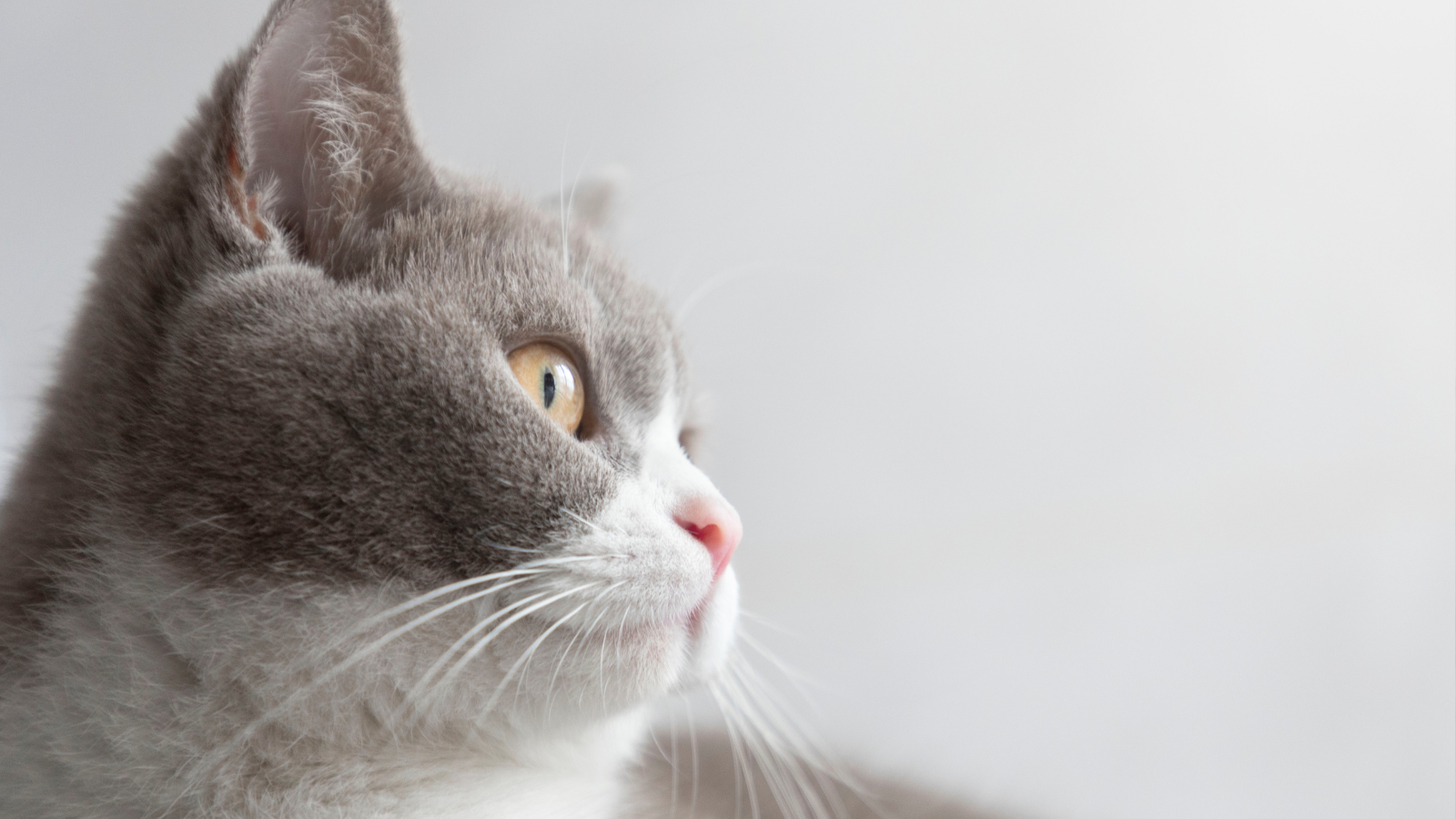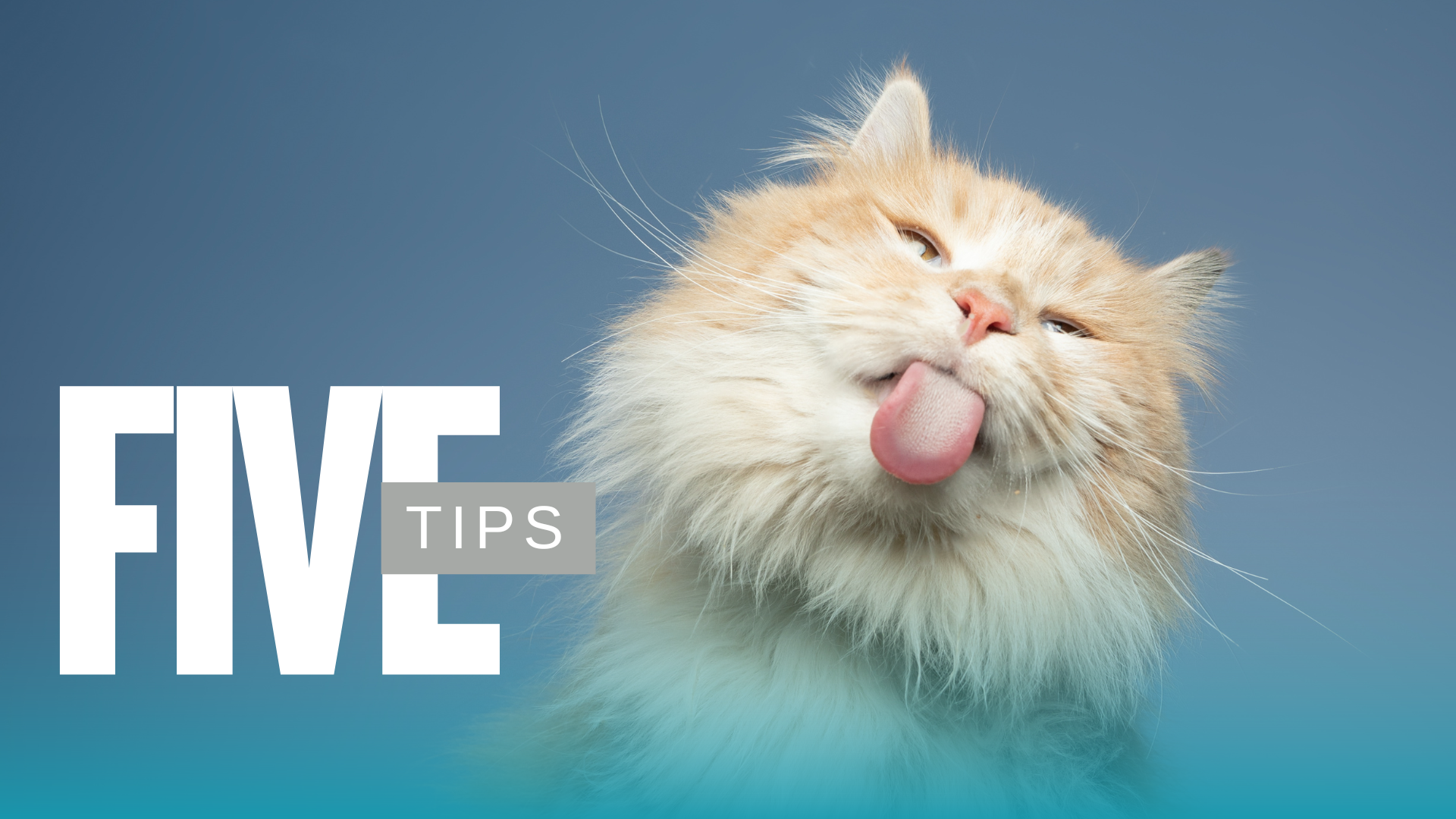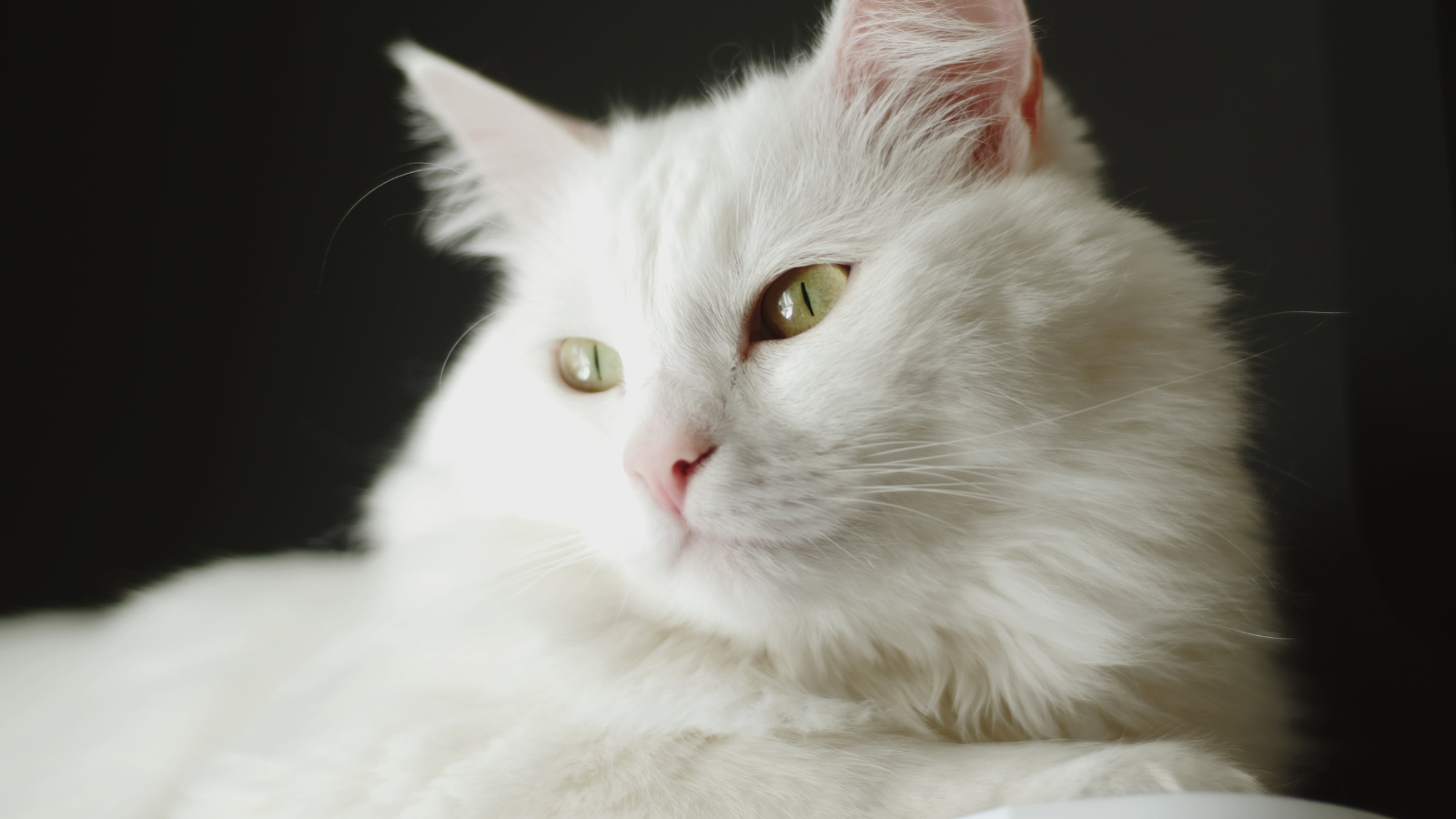If your cat is suddenly straining in the litter box, yowling in discomfort, or urinating outside their usual spots, it could be a medical emergency. Urinary issues are somewhat common in cats, but they can turn dangerous in a matter of days or even hours. At Jupiter Veterinary Hospital & Urgent Care, we take signs of feline urinary conditions seriously because acting quickly could save your cat’s life.
Recognizing the Signs of a Feline Urinary Condition
Cats are subtle about pain, so changes in litter box habits are often the first clue that something’s wrong. If you notice any of the following symptoms, contact a veterinarian.
- Straining to urinate with little or no output
- Crying or vocalizing during urination
- Urinating outside the litter box
- Blood in urine
- Frequent licking of the genital area
- Frequent trips to the litter box without producing urine
- Lethargy or hiding
- Vomiting or refusing to eat
If your cat can’t urinate at all or seems to be producing very little, it’s an emergency. A urinary blockage can become fatal in as little as 48 hours. Don’t wait. Reach out for urgent veterinary care immediately.
Why Urinary Issues Are So Serious in Cats
The feline urinary system is delicate and complex. Even minor inflammation or crystal buildup can cause significant discomfort or complete urethral obstruction, especially in male cats. Some urinary issues your pet may experience include:
- Feline Lower Urinary Tract Disease (FLUTD): An umbrella term for inflammation, crystals, and other urinary tract problems.
- Feline Idiopathic Cystitis (FIC): Inflammation of the bladder whose cause is unknown at this time.
- Feline Urinary Tract Infections (UTIs): Bacterial infections that inflame the bladder and make urination painful (more common in older female cats).
- Crystals or Stones: Can cause irritation or blockages if they accumulate in the bladder or urethra.
- Urinary Obstruction: A life-threatening emergency caused by a buildup of mucus, crystals, or inflammation blocking the urethra in cats (more common in male cats).
Going to a Veterinarian For Feline Urinary Problems
Because urinary issues can escalate quickly, a veterinary urgent care team will get to work right away. A veterinarian can:
- Perform a physical exam and urinalysis to check for crystals, blood, or infection
- Use imaging (like X-rays or ultrasound) to check for stones or blockages
- Administer IV fluids, pain relief, medications, and necessary treatments to stabilize your cat
- Create a long-term care plan to prevent recurrence, including dietary changes and stress management
Some cat owners try to wait and see if symptoms improve, but with urinary issues, delaying care can lead to kidney damage, bladder rupture, or death. Even if your cat seems to “improve” or urinate a little, they may still be partially blocked or in pain. It’s always safer to bring them in for a veterinary evaluation and treatment.
Urgent Care for Cat Urinary Issues in Jupiter, FL
A cat urinary issue is never something to ignore, and in many cases, it’s a true emergency. At Jupiter Veterinary Hospital & Urgent Care, we have urgent and emergency services during our business hours to treat signs of feline urinary issues in Jupiter, FL and for cats from Palm Beach Gardens, Juno Beach, and neighboring areas. Call us if you are concerned about your cat’s urinary health.











